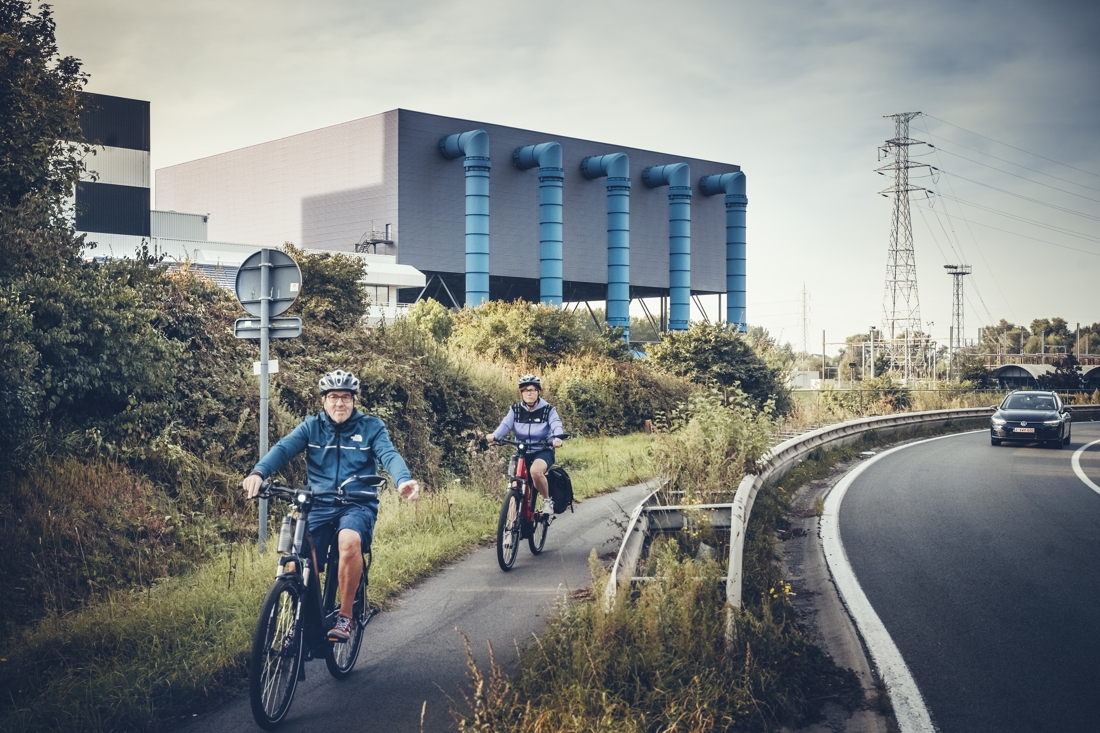After a previous refusal for a gas-fired power station in Dilsen-Stokkem, Minister Demir now also refuses the environmental permit for a new gas-fired power station in Tessenderlo. New gas-fired power stations are part of the federal plan to shut down the nuclear power stations in our country by 2025.
–
At the beginning of this month, the Regional Planning Commission (GOVC) issued a conditional favorable advice for the construction of a 900 megawatt gas-fired power station in Tessenderlo. It thus seemed to be the first new gas-fired power station to receive a permit in Flanders. But Flemish environment minister Zuhal Demir (N-VA) now judges that the project cannot be licensed.
“There are three reasons why I cannot permit this,” Demir said on Saturday morning Radio 1. ‘Firstly, the ministerial instruction on nitrogen has been misapplied.’ The nitrogen emissions were calculated incorrectly, according to Demir. ‘Nitrogen oxide (NOx) and ammonia have been added together, and that may only be done to a limited extent.’
The ministerial instruction on nitrogen, which came after ‘the nitrogen ruling’ of the Council for Permit Disputes, according to the minister is ‘a very strict temporary framework’. “But we just can’t afford to put that aside. The nitrogen instruction is of great importance and we must also interpret them correctly. We also do that for large livestock sheds.’
The second reason for refusing the permit is an incorrectly calculated project environmental impact report, says Demir. ‘The impact on the environment has only been calculated on the basis of new gas-fired power stations, not on the existing power stations that are already there. We also have to take that into account.’ The new gas-fired power station in Tessenderlo would be built next to an existing power station with a capacity of 400 megawatts. ‘Previous case law of the Council for Permit Disputes in other files has already pointed to the importance of cumulative impact assessment in nitrogen installations’, it says additionally in a press release.
Finally, the water test showed that the installation would discharge industrial waste water into the Albert Canal. Drinking water company Water-link issued an unfavorable advice on this, because it purchases water from the Albert Canal for drinking water production. The advice of the GOVC to discharge the waste water into the sewage system is not an option, says Demir. ‘The environmental impact report shows that in that case Aquafin’s sewage treatment plant can be mortgaged.’
The minister adds that the decision in Tessenderlo does not prejudge the decisions on applications for other gas-fired power stations in our country. “I never said that I would refuse all power stations,” Demir said Radio 1. ‘But we have a nitrogen ruling this year, with that strict framework: I’m not going to make an exception.’
Chemical company Tessenderlo, which was to build the plant, said it “has taken note of the decision” and that it will study the decision thoroughly “before deciding on any further steps.”
– .


